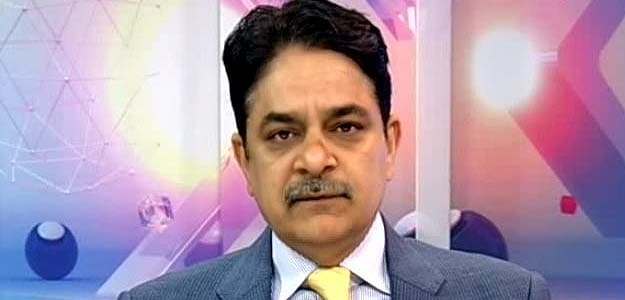 Finance Minister Arun Jaitley will focus on three to four broad themes in this year’s budget, says Mukesh Butani, managing partner at BMR Legal. Tax benefit to deal with inflation, rejigging of threshold and slab rates and tax relief on interest earned from bank deposits could be announced in budget, he added.
Finance Minister Arun Jaitley will focus on three to four broad themes in this year’s budget, says Mukesh Butani, managing partner at BMR Legal. Tax benefit to deal with inflation, rejigging of threshold and slab rates and tax relief on interest earned from bank deposits could be announced in budget, he added.
“There could be some form of incentive for garnering greater degree of deposits in the banking sector. He (Jaitley) could raise the limit on interest deduction on interest from bank is concerned,” Mr Butani told NDTV Profit. (Watch)
According to the current tax laws, if the total interest on bank deposits in a financial year crosses the threshold limit of Rs 10,000, tax deducted at source (TDS) is applied on the interest earned.
In the previous year’s budget, Mr Jaitley had announced the government’s intention to reduce corporate tax from 30 per cent to 25 per cent over the next four years. Mr Butani expects the finance minister to outline a roadmap for lowering of corporate tax rate.
“The primary agenda would be how the corporate tax rate would be lowered over the next 4 years, including the phase-out programs for various exemptions.”
Indirect tax
Mr Butani expects the finance minister to announce some changes in the indirect tax regime to usher in GST (goods and services tax).
“In the light of Parliament logjam on GST, people would be wondering what is the finance minister is going to do as far as GST is concerned. Taking away of the central sales tax (CST) will be important signal for the GST,” he said. “The government is well within its realm to carry out the requisite amendments for indirect tax central sales tax levies for seamless credits. That will ease pressure and signal that the central part of GST is concerned, at least seamless credits are available.”
CST is levied on goods in inter-state trade. Under the proposed GST regime, major central and state taxes will get subsumed into GST to bring in a uniform tax regime across the country. In anticipation of implementation of GST, the central sales tax goods was brought down from 4 per cent to 2 per cent in two phases in 2007-2009 but this tax has not yet been fully phased out yet.
Mr Butani also expects the government to address the inverted duty structure issue in some sectors. Under the inverted duty structure, the import duty on the raw material is more than the import duty on the same finished product, a taxation structure the hurts the competitiveness of domestic manufacturing industry.
“You could also very well see, the continuing efforts of successive governments, including this government, to address the inverted duty structure in certain industries in which it is still around,” he said.
Mr Bhutani also expects the finance minister to announce administrative tax reforms to increase the ease of doing business in India and also defer the general anti-avoidance rule (GAAR) for another year. (Read: 5 facts about GAAR)
[“source-ndtv”]





